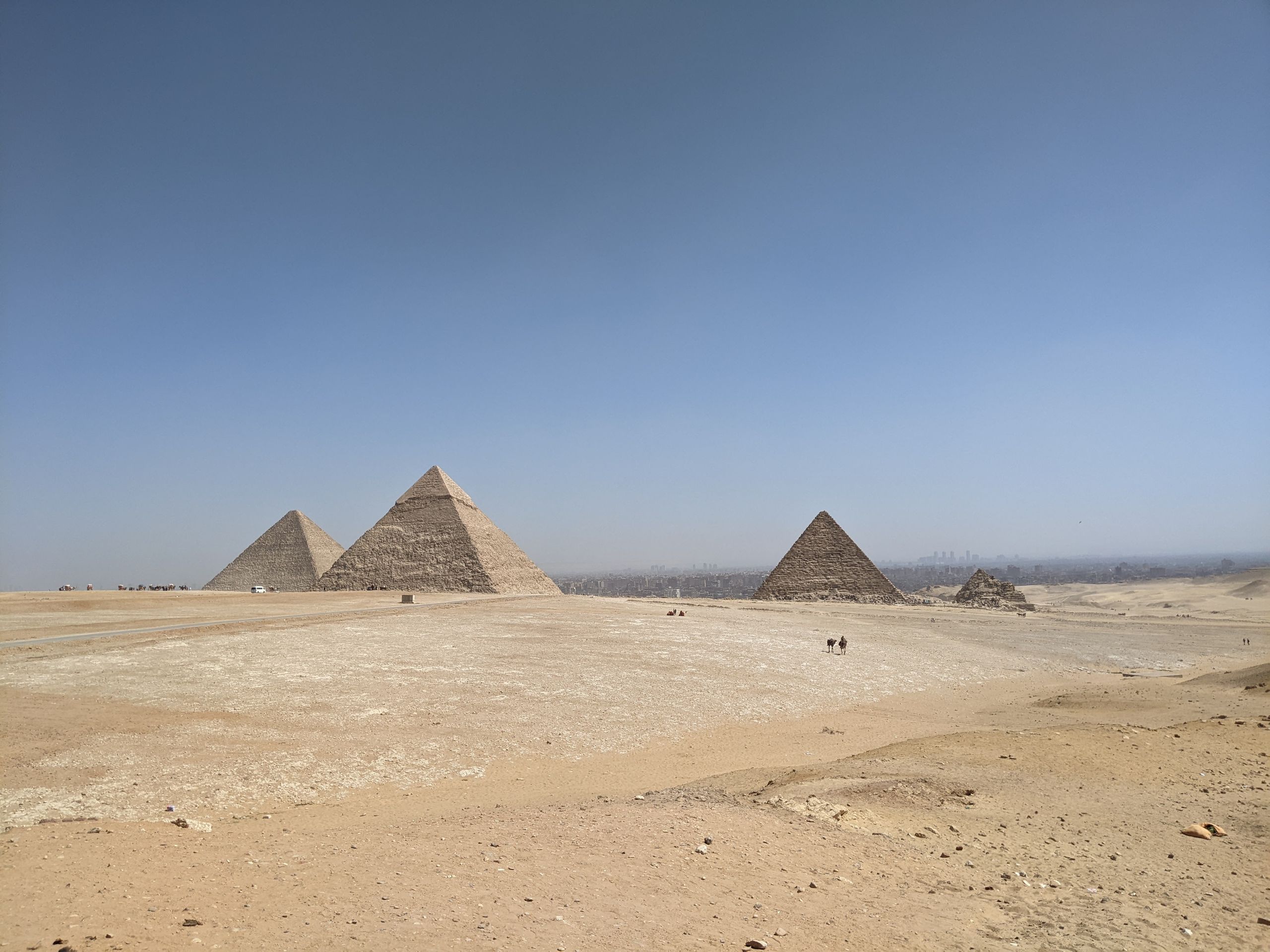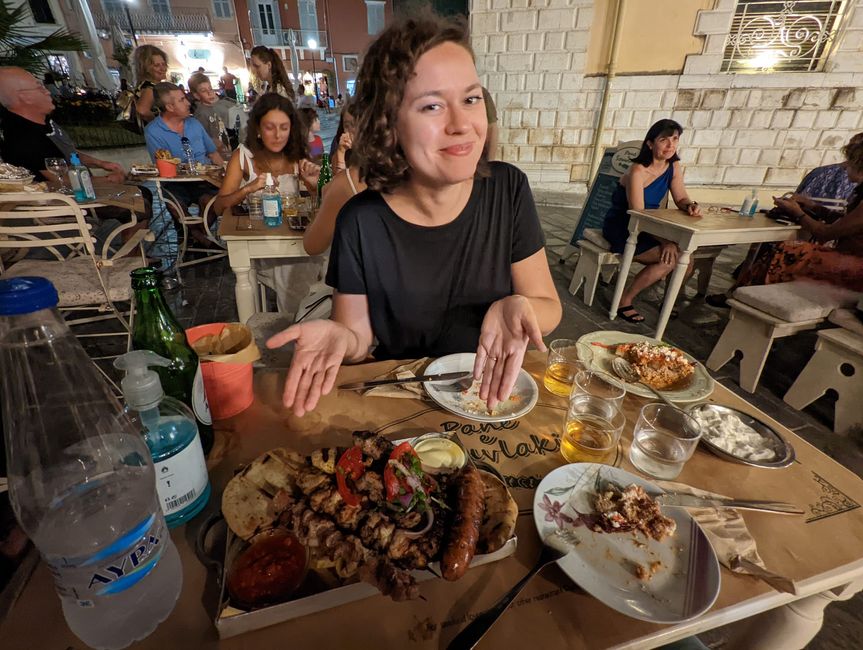Assuan
La daabacay: 23.03.2023
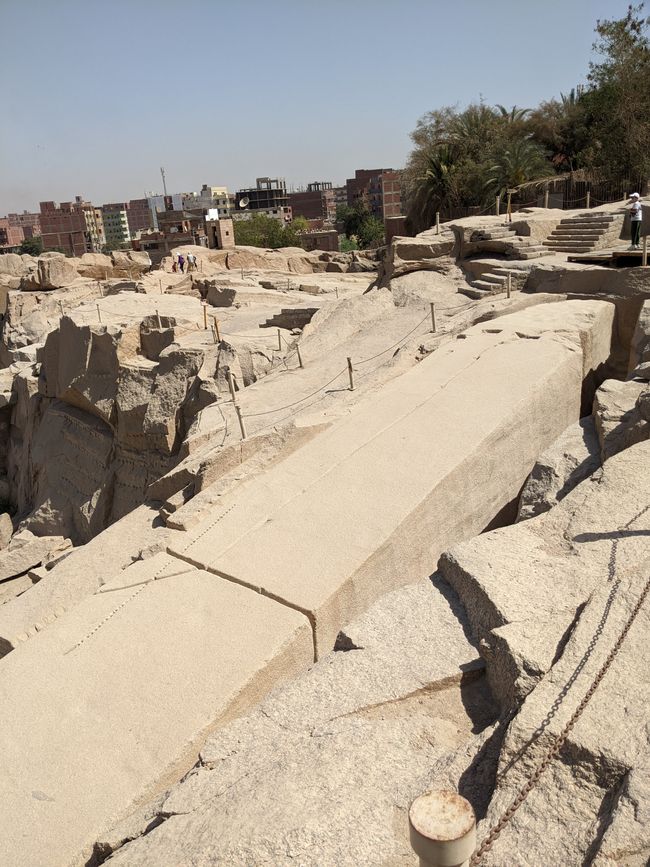
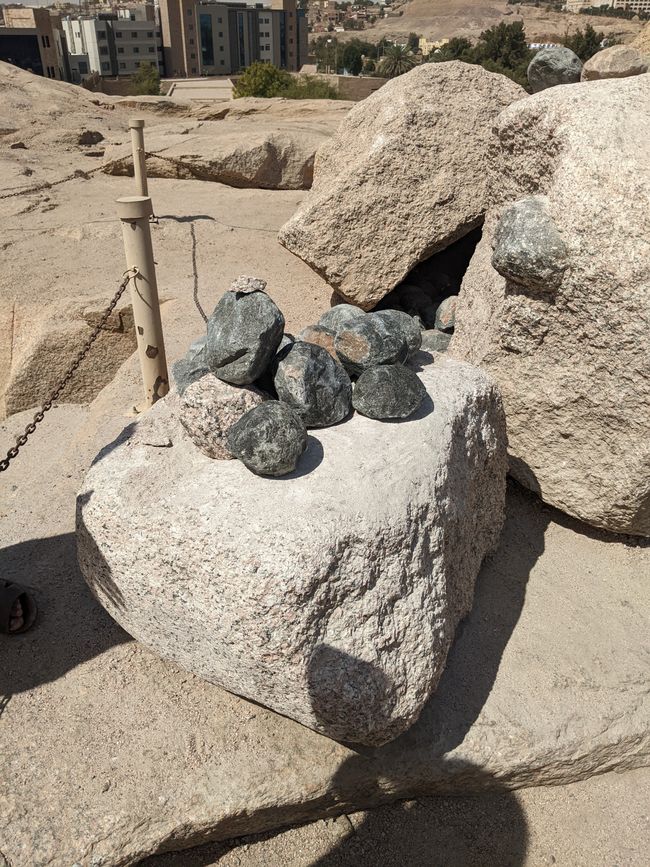
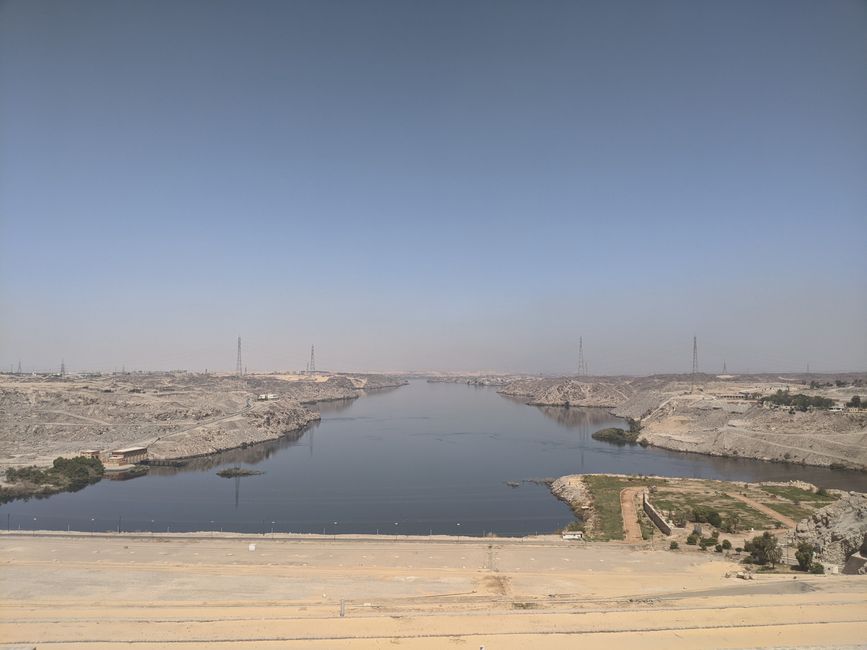
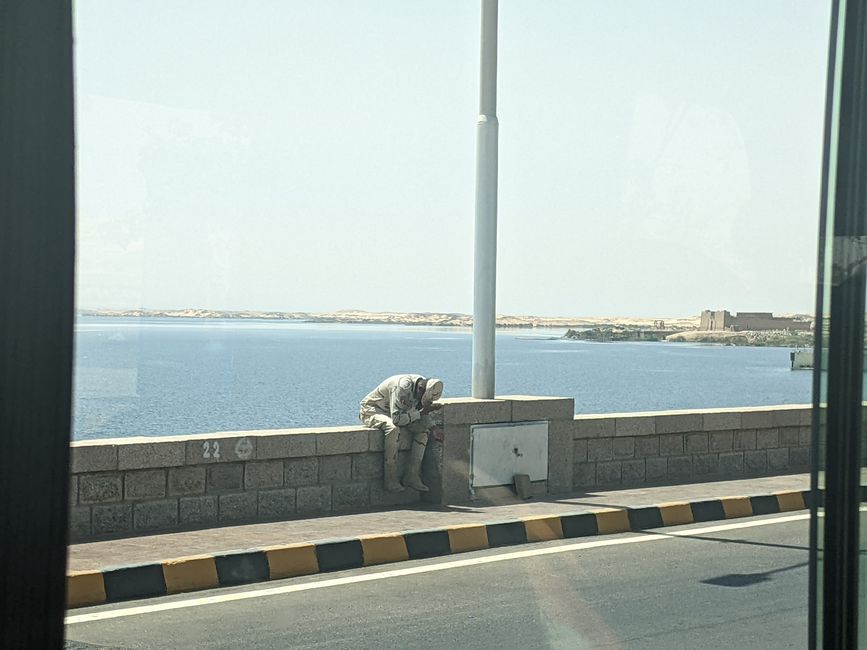
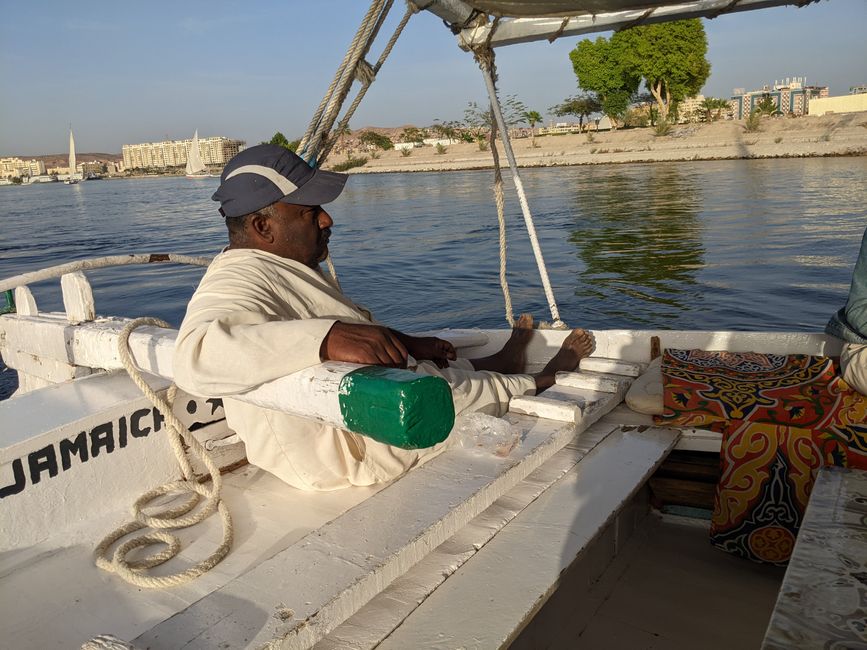
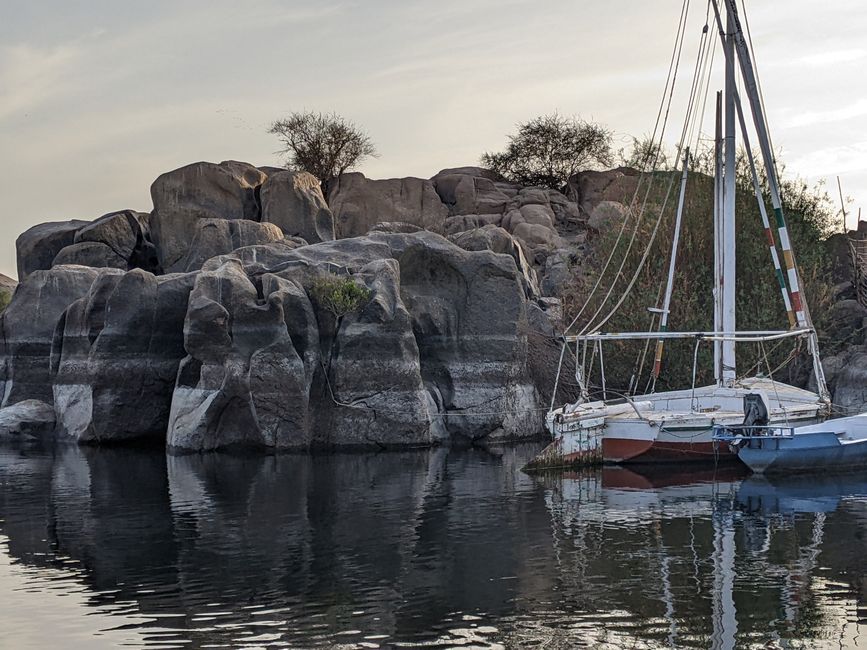
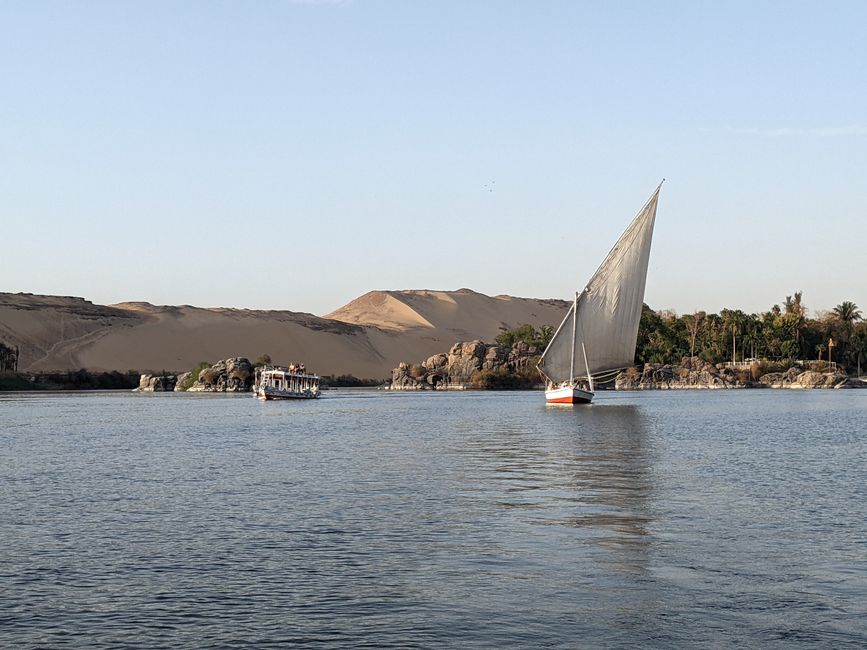
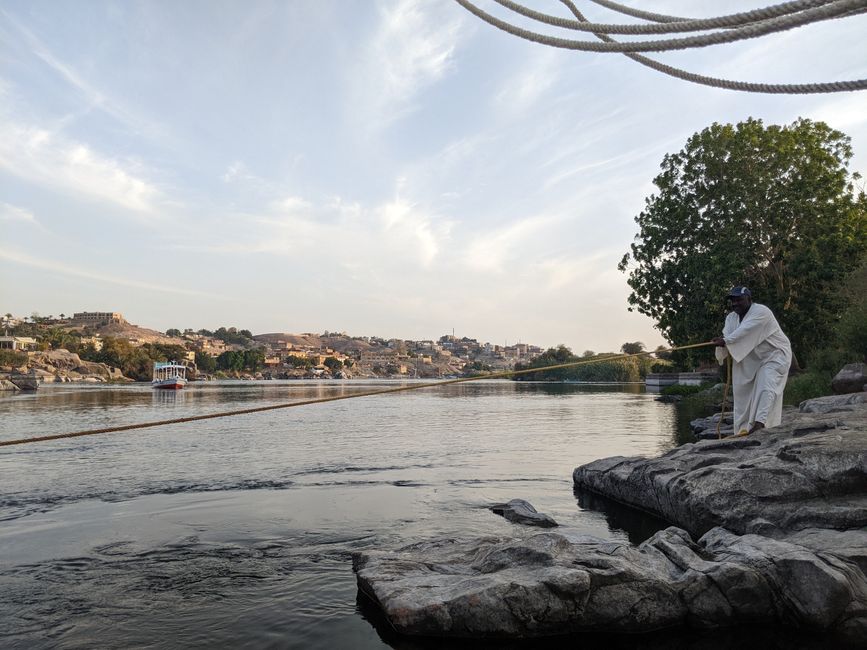
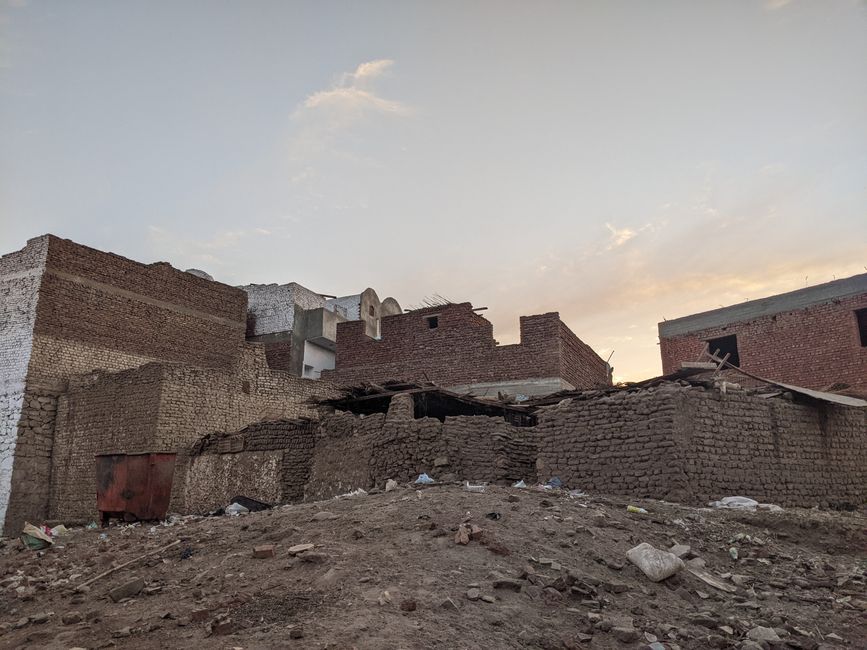
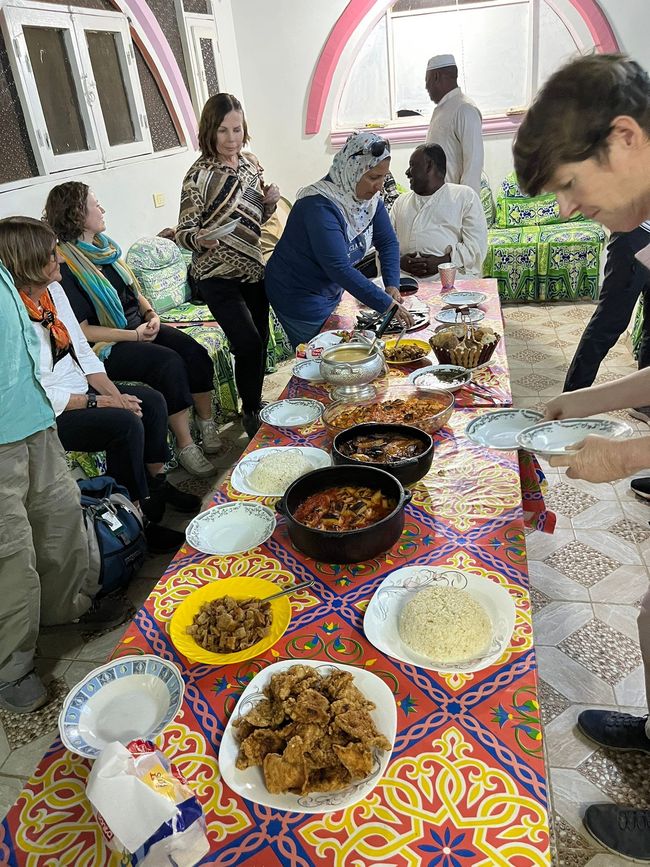
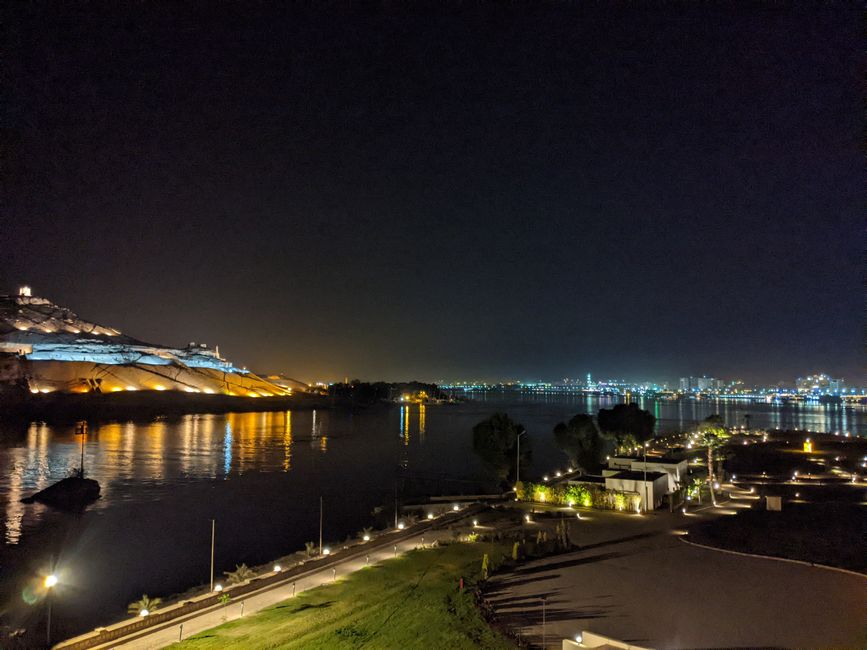
Ku biir Wargeysyada
Today is the last day in Assuan. We visit the unfinished obelisk. Hatshepsut commissioned this mega obelisk, it would have been the largest obelisk ever built in Egypt. Unfortunately, the stone cracked before completion, there is a crack that extends over several meters. I would not have wanted to be the one to deliver this news to Hatshepsut... But in any case, I feel sorry for the stonemasons who, after years of arduous work with basic tools, carved the obelisk out of granite - and it just broke.
Apparently, many obelisks were cut from quarries in southern Egypt and then shipped to their destination on the Nile. The transport was not easy, some obelisks never reached their destination. Who knows what else we could find in the Nile!
The unfinished obelisk symbolizes something that no one wants to experience or would rather forget: failure. The quarry looks sad to me, I don't want to stay here for too long. If you want to visit the obelisk, it's better to wear sneakers, sandals are not a good idea on the slippery granite stones.
We continue to the Aswan Dam. Lots of security and military presence, nothing can go wrong here, otherwise all of Egypt will be flooded with the dammed water. But I don't find it particularly exciting. The project itself is, but there are no explanations, just seeing a dam. Hoda, who is usually easily impressed, seems indifferent to the structure. "It's a dam, guys," is all she has to say about it. That's okay too, it gives me time to enjoy my Turkish coffee.
In the afternoon, we take a felucca to a Nubian village. The village is located on one of the Nile islands, and in the evening we are invited to have dinner with a Nubian family.
A very leisurely ride, the wind is very weak. Eventually, like almost all other feluccas, we have to be towed by a motor-powered boat. We arrive at the Nubian village shortly after sunset. I'm a bit startled by how rudimentary it is. There are no paved roads, the ground is made of sand or soil, there are a multitude of cats running around that I definitely don't want near me. The older houses are built of mud bricks and are in very poor condition. The head of the Nubian family we are invited to explains that this is due to climate change. It never rains in Aswan, but in the past two years there has been much more rain. The traditional construction with mud bricks is not suitable for this, and the bricks began to disintegrate. The houses are at risk of collapse. Now everyone is building with bricks. And because they want air conditioning, the traditional methods of construction will probably disappear more and more.
The Nubians have their own language and culture. Depending on which village they come from, they may not understand each other. Since the language has no writing, there is only an oral tradition. But there is a common language for all of us: food. What is served to us is simple but excellent. The women of the house cooked it, it is the best food I have had on the trip so far.
I manage to get some recipes from the hostess. In any case, the 'secret ingredient' is quickly identified: fresh garlic. Raw amounts of it. No wonder I liked the food so much!
Ku biir Wargeysyada
Jawaab
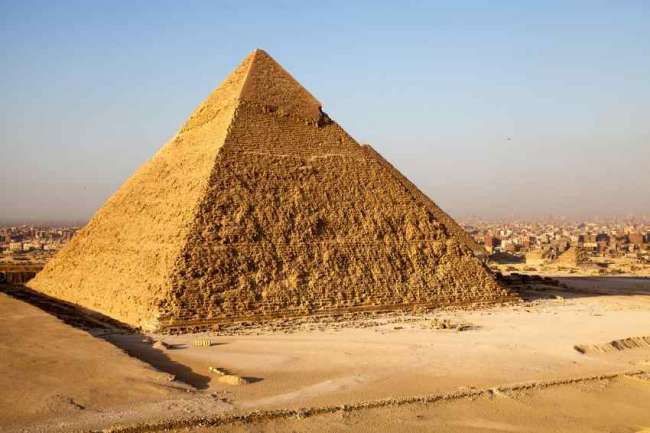
Warbixinaha safarka Masar
